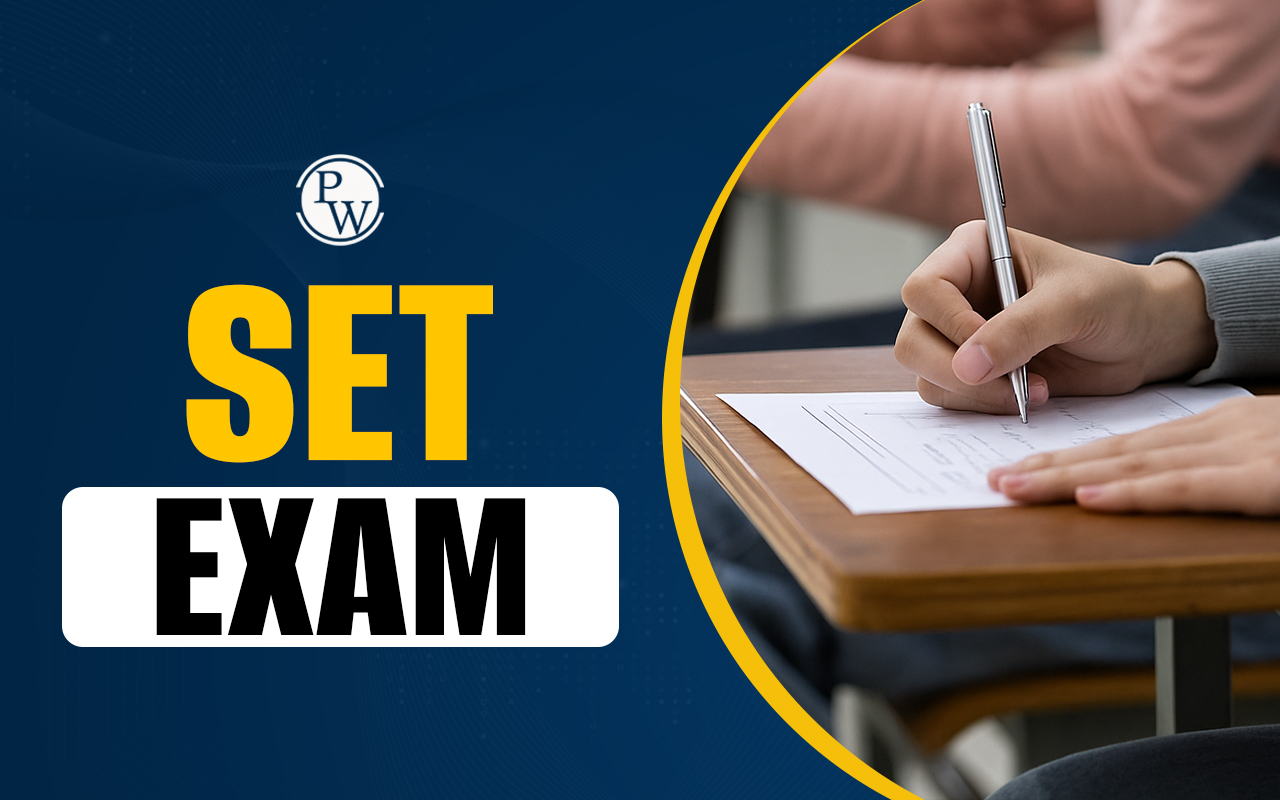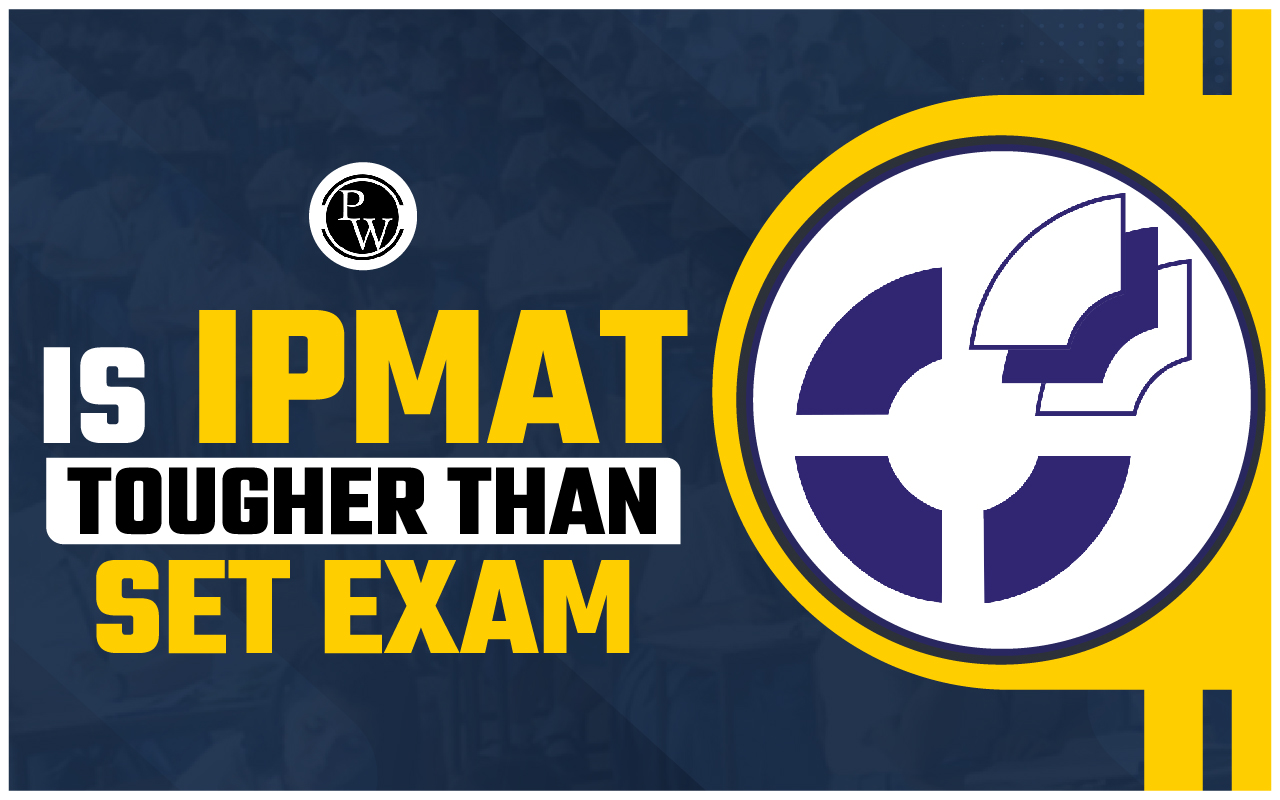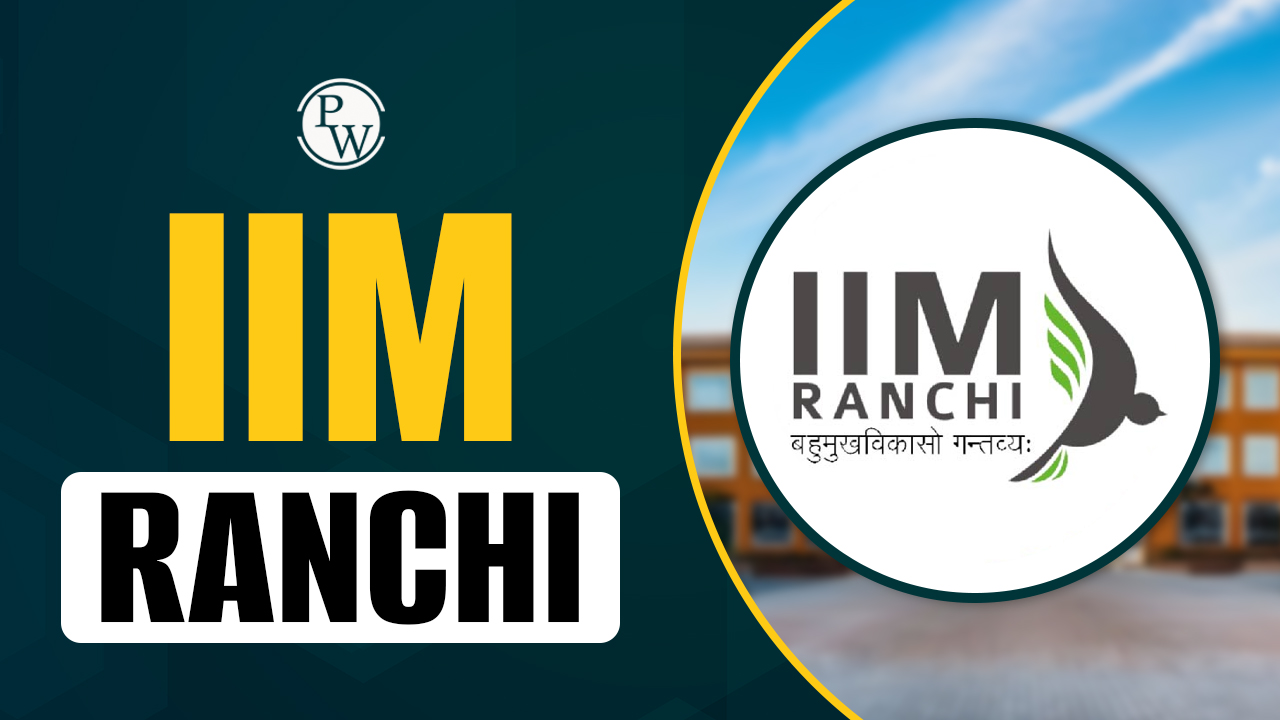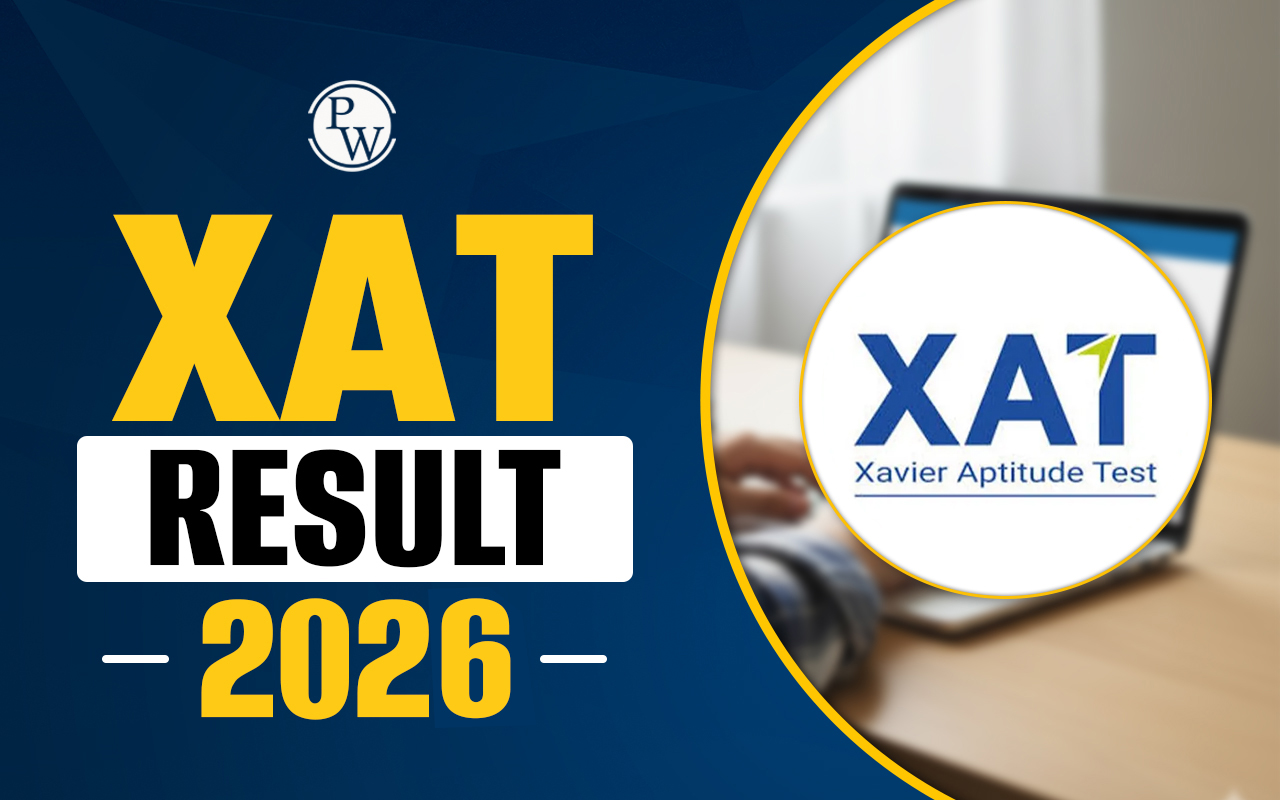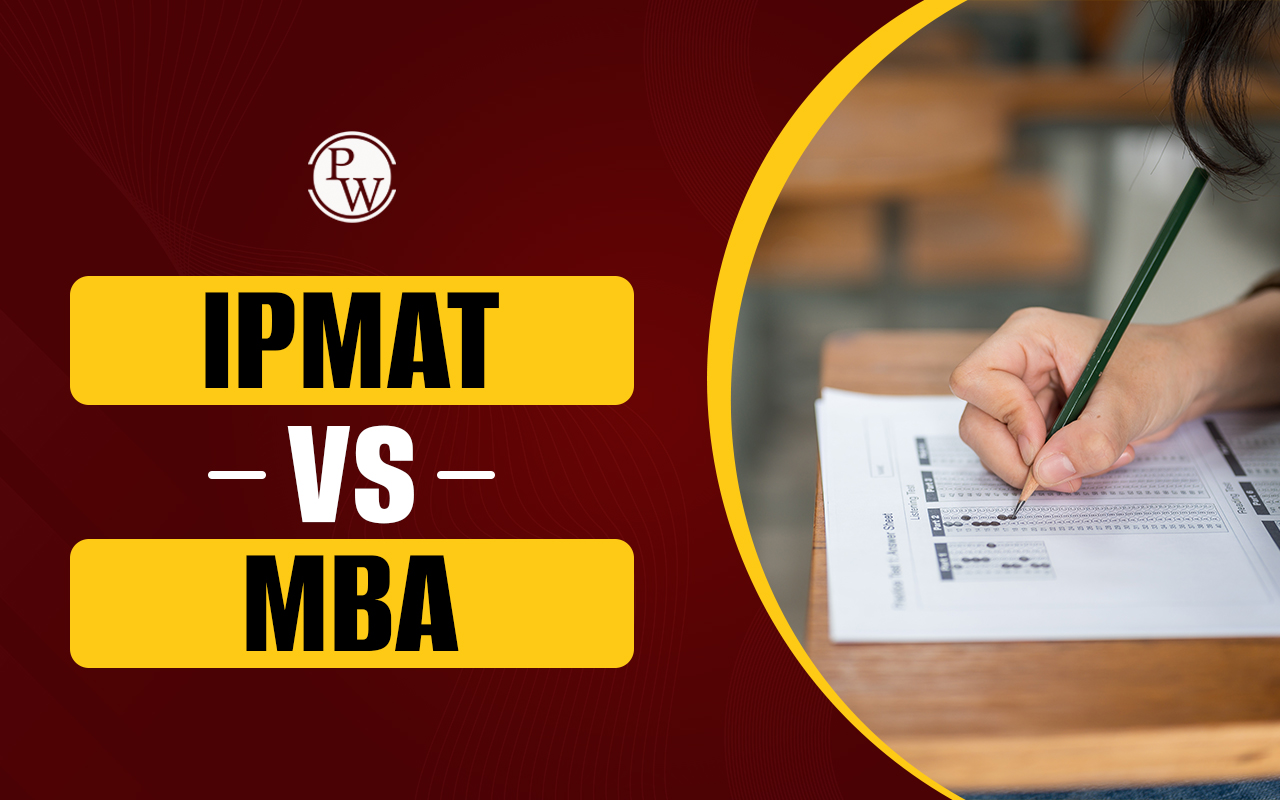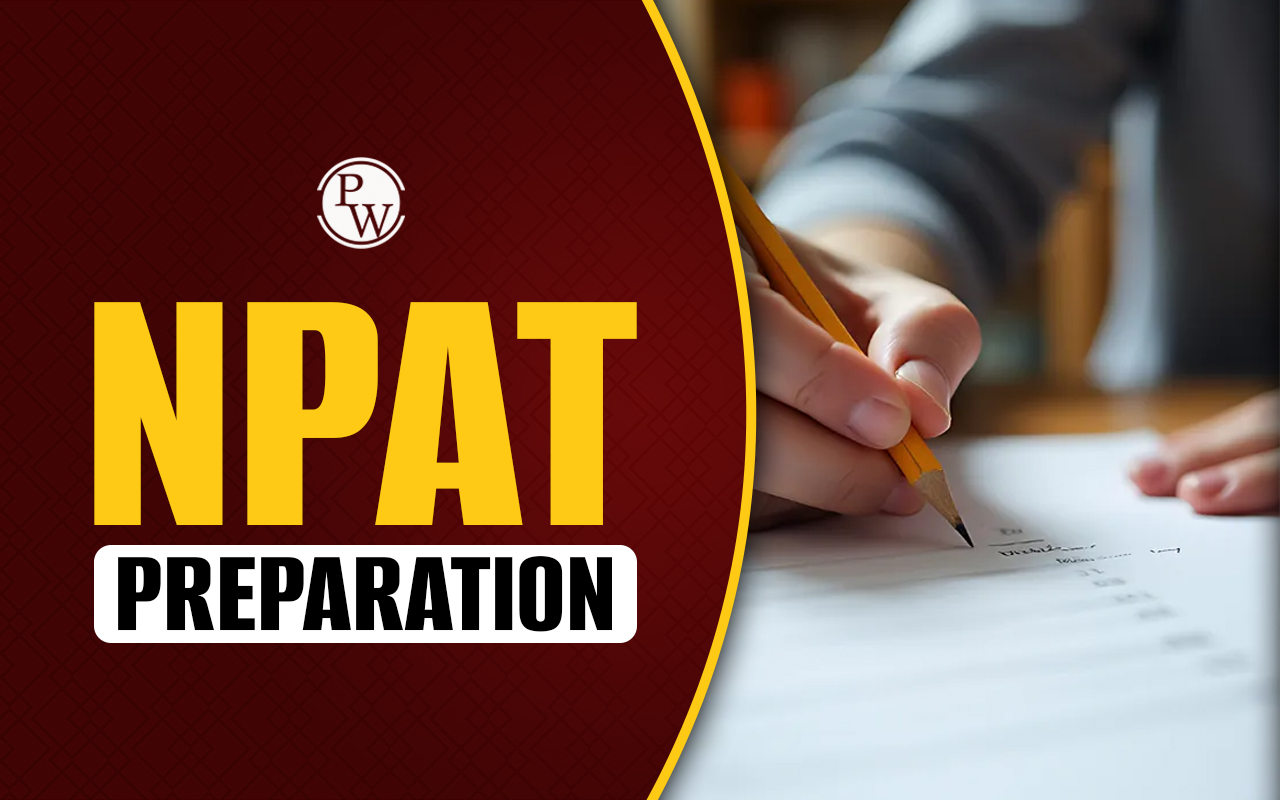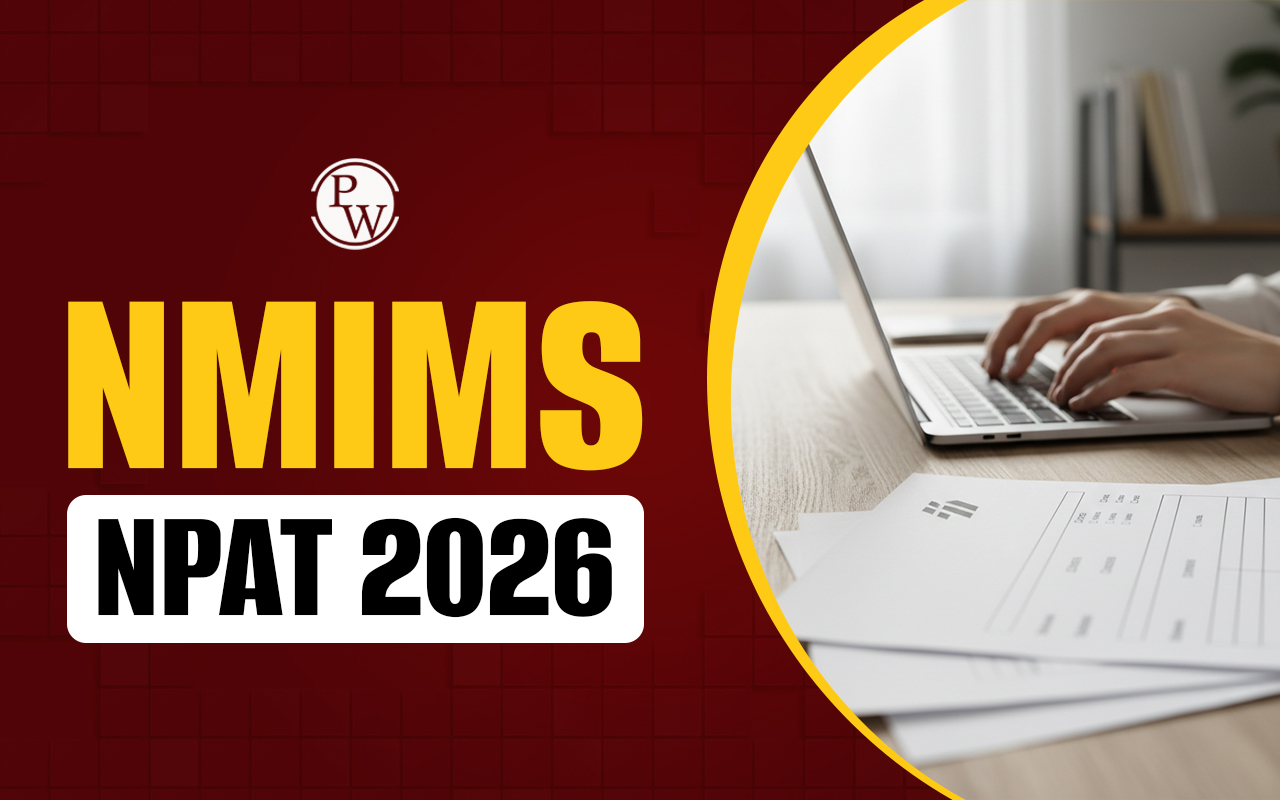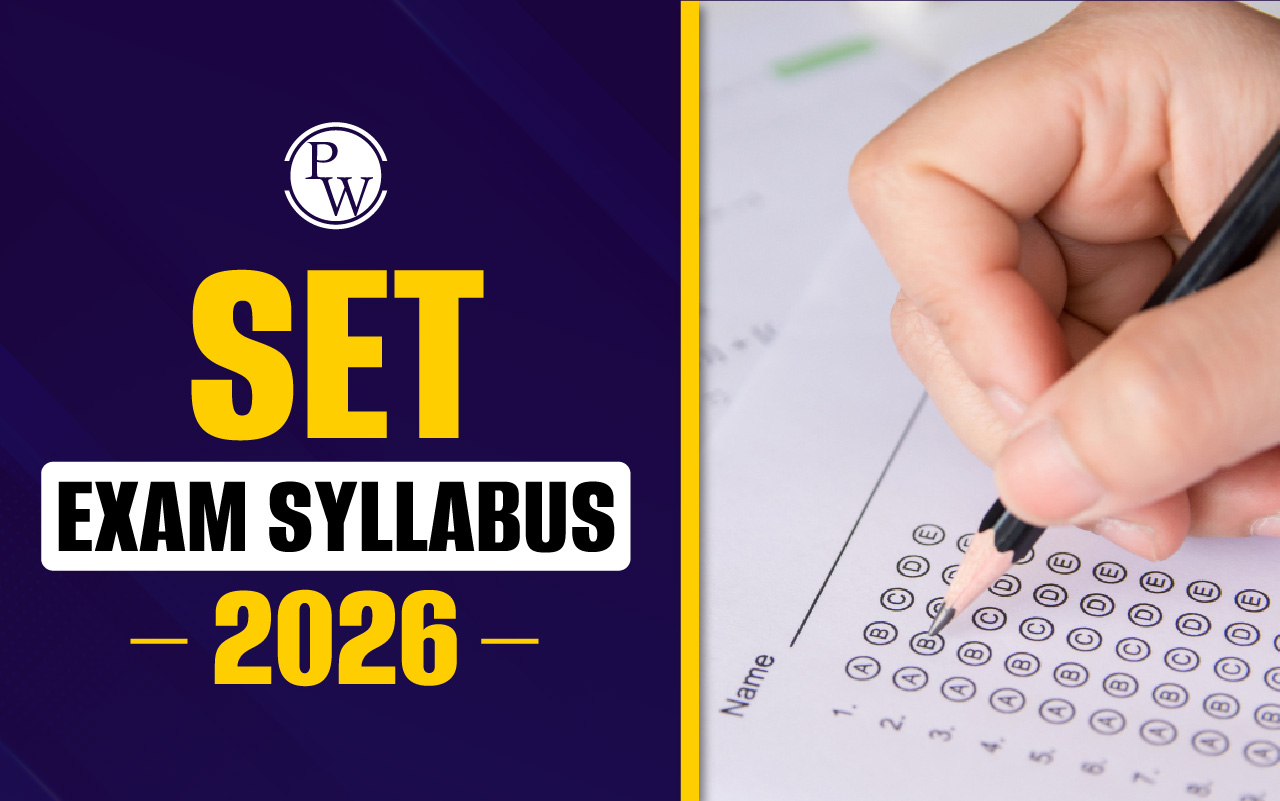
IPMAT Syllabus 2026: The IPMAT 2026 syllabus outlines the key topics and subtopics that candidates must focus on while preparing for the entrance exams conducted by IIM Indore and IIM Rohtak. Gaining a thorough understanding of the syllabus is essential for effective preparation.
IIM Indore’s IPMAT exam will assess candidates on two primary sections: Quantitative Ability and Verbal Ability. In contrast, the IPMAT Rohtak exam includes three sections—Quantitative Ability, Logical Reasoning, and Verbal Ability. These sections cover a range of fundamental concepts that students need to master. To enhance their preparation, candidates are encouraged to solve previous years’ question papers. A solid grasp of the syllabus and core topics is crucial to achieving a good score in the exam.
IPMAT Syllabus 2026 Overview
The IPMAT syllabus highlights the essential topics and subtopics that aspirants should cover while preparing for the exam. Having a clear understanding of the IPMAT 2026 syllabus is crucial in developing an effective preparation plan. Below is a summarized table providing an overview of the IPMAT 2026 syllabus:
|
IPMAT Syllabus 2026 Overview |
|
|
Section |
Topics |
|
Quantitative Ability |
|
|
Verbal Ability |
|
|
Logical Reasoning |
Note: Logical Reasoning is tested in IPMAT Rohtak and JIPMAT, but not in IPMAT Indore, which has a separate Data Interpretation section instead. |
IPMAT Syllabus 2026 Important Topics
The syllabus for the IPMAT (Integrated Programme in Management Aptitude Test) 2025 includes a broad spectrum of subjects under three main areas: Quantitative Ability, Verbal Ability, and Logical Reasoning. Listed below are the key topics that aspirants should concentrate on while preparing for the IPMAT 2025 exam:
IPMAT Quantitative Aptitude Syllabus 2026
The Quantitative Ability section of the IPMAT exam tests a candidate’s problem-solving abilities, logical reasoning, and accuracy under timed conditions. The syllabus primarily draws from Class 10 to 12 Mathematics, including core topics such as Number Systems, Algebra, Geometry, and Arithmetic. It also covers concepts from Modern Mathematics, such as Set Theory, Probability, Permutation and Combination, and Data Interpretation. A strong command over these topics is essential to perform well in this section.
|
IPMAT Quantitative Ability Syllabus 2026 |
|
|
Topic |
Sub-Topics |
|
Number System |
Remainder, HCF & LCM, Properties of Numbers, Factorial, Finding Unit Digit, Surds & Indices, Simplification, Concept of Factor |
|
Algebra |
Algebraic Formulae, Linear Equations, Inequalities, Quadratic Equations, Logarithms, Functions & Graphs |
|
Geometry |
Basics of Geometry, Angles, Lines, Triangles, Quadrilaterals, Circle, Polygons, Coordinate Geometry, Mensuration, Height & Distance |
|
Arithmetic Problems |
Time & Work, Average, Problems on Age, Percentage, Partnership, Profit Loss & Discount, Ratio & Proportion, Simple & Compound Interest, Mixture & Allegations, Time, Speed & Distance, Boats & Streams |
|
Modern Maths |
Set theory, Probability, Permutation & Combination, Sequence & Series, Determinants, Integration & Differentiation, Data Interpretation, Vectors |
IPMAT Verbal Ability Syllabus 2026
The Verbal Ability section of the IPMAT 2025 is designed to evaluate a candidate's command over the English language. This part of the syllabus features a diverse range of topics aimed at testing language comprehension and communication skills. It includes:
|
IPMAT Verbal Ability Syllabus 2026 |
|
|
Topic |
Sub-Topics |
|
Vocabulary |
Synonyms, Antonyms |
|
Reading Comprehension |
Inference-based passages |
|
Grammar |
Sentence Correction, Sentence Completion, Correct Usage of words and phrases, Prepositions, Conjunctions, Tenses, Modifiers & Parallelism, Noun & Pronoun Errors |
|
Logical Reasoning |
Deductive Reasoning, Logical Consistency, Syllogisms |
|
Other Topics |
Sentence Rearrangement, Verbal Analogies, Idioms and Phrases, Foreign words |
IPMAT Logical Reasoning Syllabus 2026
The Logical Reasoning section of the IPMAT 2026 exam focuses on evaluating a candidate's analytical thinking and decision-making skills. Below is the detailed syllabus outlining the key topics that fall under this section:
|
IPMAT Logical Reasoning Syllabus 2026 |
|
|
Inferences & Judgments |
Assertions & Reasons |
|
Coding |
Critical Reasoning |
|
Logical Sequence & Series |
Strong and Weak Arguments |
|
Cubes & Dices |
Course of Action |
|
Arrangements |
Statements & Assumptions |
|
Input & Output |
Statements & Conclusions |
|
Blood Relations |
Syllogism |
|
Binary Logic |
Probably True or False |
IPMAT Exam Pattern 2026
The IPMAT exam pattern closely resembles that of other MBA entrance tests, consisting of multiple-choice questions across all sections. Each section is compulsory, and candidates receive four marks for every correct response, while one mark is deducted for each wrong answer. The total score for IPMAT Indore is 400 marks. The exam is conducted in a Computer-Based Test (CBT) mode and has a duration of 120 minutes, with 40 minutes allocated to each section. The overall difficulty level is considered to be moderate. Below is the detailed exam structure for the IPMAT 2026:
|
IPMAT Exam Pattern 2026 |
|
|
Exam Mode |
Computer-Based Test (Online) |
|
Number of Sections |
3 |
|
Exam Duration |
120 minutes |
|
Sectional Time Limit |
40 minutes per section |
IPMAT 2026 Marking Scheme
The IPMAT 2026 exam consists of three sections and carries a total of 360 marks. In IIM Indore’s Quantitative Ability (Short Answer) section, candidates earn 4 marks for every correct response, with no penalty for incorrect answers.
In the Quantitative Ability (Multiple Choice Questions) section, 4 marks are awarded for each correct answer, while 1 mark is deducted for every wrong attempt. The Verbal Ability section follows the same marking scheme as the MCQ section—4 marks for a correct answer and a deduction of 1 mark for an incorrect one.
|
|
||
|
Section |
Question Type |
Marks per Question |
|
Quantitative Ability |
MCQs |
+4 for correct, -1 for incorrect |
|
Quantitative Ability |
Short Answers |
+4 for correct, -1 for incorrect |
|
Verbal Ability |
MCQs |
+4 for correct, -1 for incorrect |
IPMAT Syllabus 2026 FAQs
What are the main sections in the IPMAT 2026 exam?
What topics are covered under the Quantitative Ability section?
What is the exam pattern and duration of IPMAT 2026?
What is included in the Verbal Ability syllabus for IPMAT 2026?
Is Logical Reasoning included in both IPMAT Indore and Rohtak?


